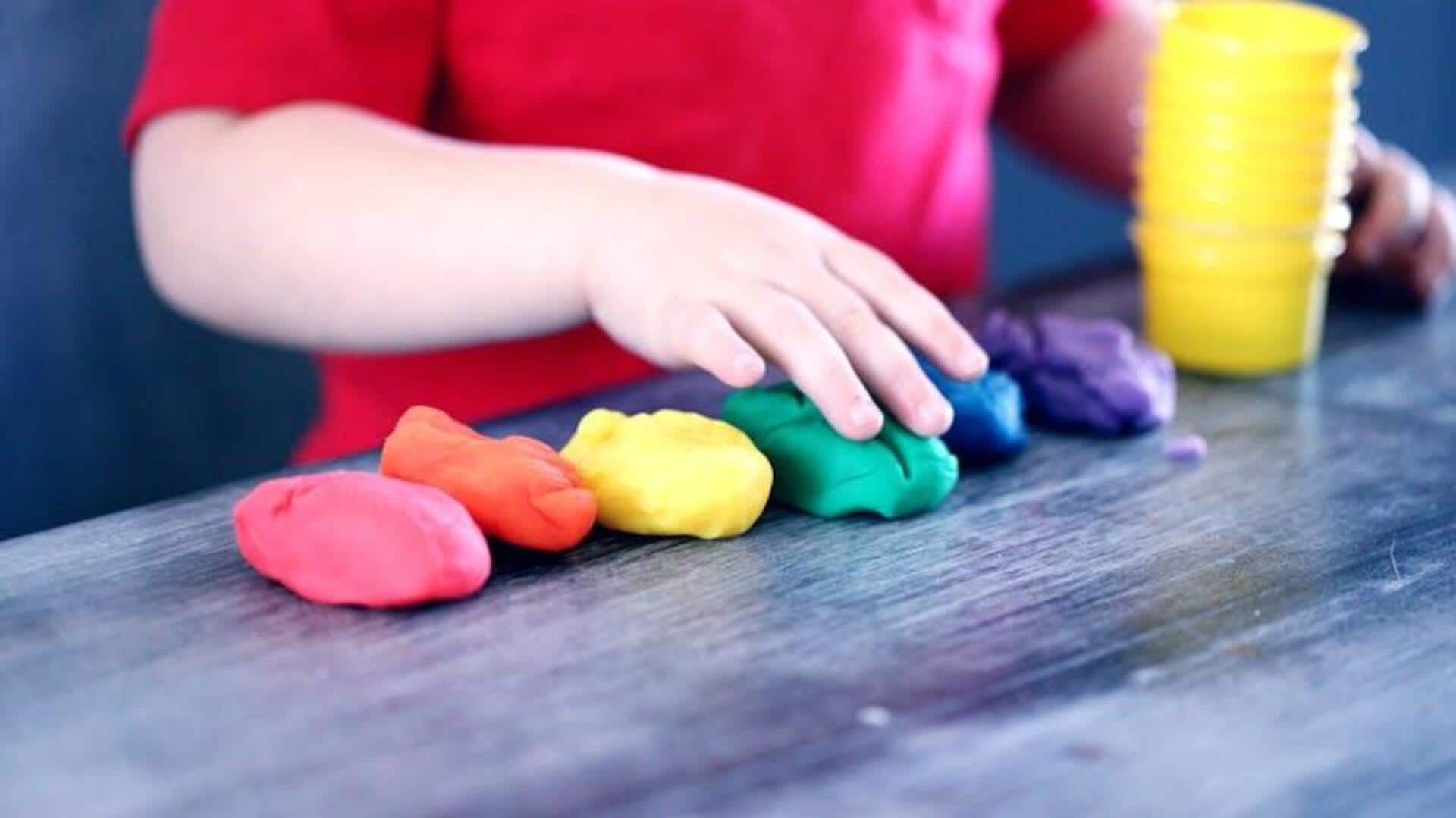
5 fun ways to help your kids learn empathy
What's the story
Empathy is an essential skill that allows people to understand and share the feelings of others. It encourages better communication, cooperation, and social harmony. Toys can be a great way to develop empathy among children by promoting thoughtful interaction. Here are five such toys that have been designed specifically to promote empathy through fun activities and interactions. They will not only entertain but also educate your kids to become more compassionate and understanding people.
Tip 1
Role-playing sets for imaginative play
Role-playing sets allow children to step into different characters' shoes, fostering empathy by experiencing diverse perspectives. These sets often come with costumes and props that encourage imaginative play. By acting out various scenarios, children learn to understand others' emotions and viewpoints. This type of play enhances their ability to relate to others in real-life situations.
Tip 2
Cooperative board games for teamwork
Unlike the traditional board games where you play against each other, cooperative board games involve players working towards a common goal. These games instill the importance of teamwork, communication, and supporting each other. As players pitch in to solve problems or complete tasks, they develop a sense of shared responsibility and empathy for what their teammates are going through.
Tip 3
Emotion recognition cards for emotional intelligence
Emotion recognition cards help kids recognize and understand different emotions visually. Each card has an illustration of a facial expression and the name of the corresponding emotion. Using these cards in interactive activities or discussions, kids develop their emotional intelligence and learn to empathize with other people's feelings.
Tip 4
Storytelling kits for creative expression
Storytelling kits offer tools like story prompts or character figurines that spark creative narratives. By storytelling, kids delve into the lives and challenges of various characters, learning about different emotional experiences. This activity also encourages them to think critically about how characters feel in certain situations, nurturing empathetic understanding.
Tip 5
Interactive dolls with realistic features
Interactive dolls with realistic features like crying sounds or responsive movements can simulate caregiving scenarios for children. By taking care of these dolls like they are real babies or companions needing attention and comfort during distressing moments, kids practice nurturing behaviors. These practices cultivate empathy overtime through repeated interactions with these lifelike toys.